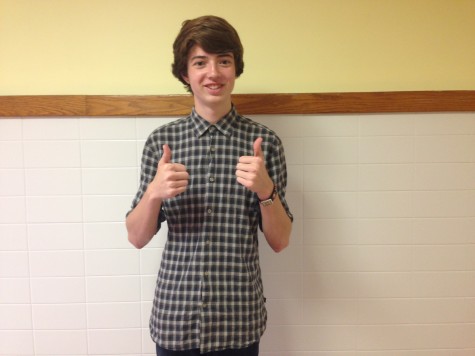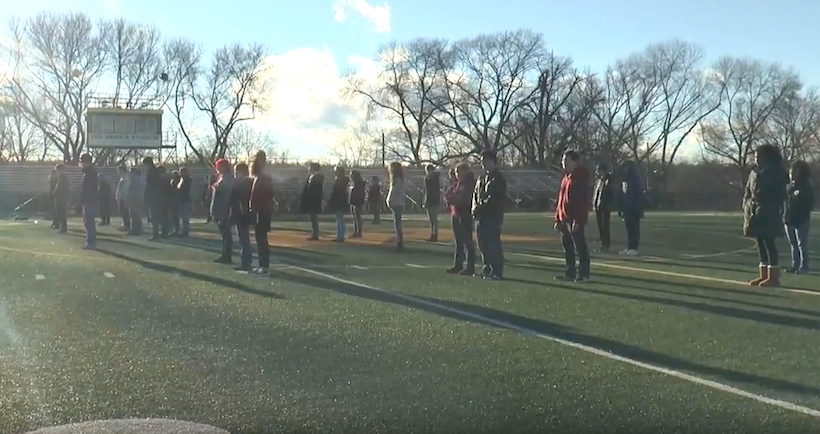Students Check Privilege for MLK Day
Every year the debate seems to be reborn in Madison High School: How should we honor the legacy of Martin Luther King Jr. on the third Monday of January? As we speed towards the end of the semester, academic pressures inhibit the administration from dedicating the entire day to racial education, while these same pressures conflict with the responsibility of the school to dispel social and historical ignorance in its student body.
MHS’ three human rights clubs – Diversity Club, Women’s Empowerment, Equality and Education (WEEE), and the Gay-Straight Alliance / Gender-Sexuality Alliance (GSA) – worked tirelessly during the weeks leading up to January 16th to reach a compromise and plan an MLK day that would provide an eye-opening experience for as many as possible. After much deliberation, it was decided that select members from the three clubs would be chosen to speak to groups of 8th graders at Madison Junior School, and would later return to the high school to speak with faculty regarding social issues that could be addressed to better create an accepting and informative learning environment.
Both presentations centered around a Privilege Test filmed by MHS students in early January. The goal of this exercise was to increase awareness of the shocking level of inequality present within our school’s student body by having participants move forward or backward corresponding to the presence or absence of certain social privileges. All members of the three clubs, along with any other interested students lined up across the 50-yard line of the football field, and after 36 prompts were read, there was a massive gap between those at the front (near the end zone) and those at the back (behind the starting line).
Here are three examples of prompts from the privilege test:
“If you have ever tried to change your speech or mannerisms to gain credibility, take one step back.”
“If you feel your ethnicity, gender identity, or sexual orientation was represented in your school’s curriculum, take one step forward.”
“If you feel confident that your parents would be able to financially help/support you in the future, take one step forward.”
The six-minute film of the test – edited by volunteers from the video production class – was presented to 8th graders and was followed by a discussion of the meaning of privilege, and the importance of its recognition.
At the conclusion of the half-day of school, more volunteers from Diversity Club, WEEE, and GSA gathered to present carefully-prepared points to small groups of faculty members. These points were grouped into three main categories: What the faculty was already doing well with regards to issues of social justice, what they could do better, and what they could start doing. A productive and engaging conversation ensued, and many teachers feel their eyes were opened to aspects of the school that they could not have seen without a student’s perspective.
While a disappointingly small portion of the day was dedicated towards racial enrichment for MHS students, you can expect to see more integration and discussion of these issues in class following the meetings with faculty.
Thank you to MHS’ human rights clubs for keeping the spirit of Martin Luther King Jr. alive, and realizing that his movement isn’t over!

